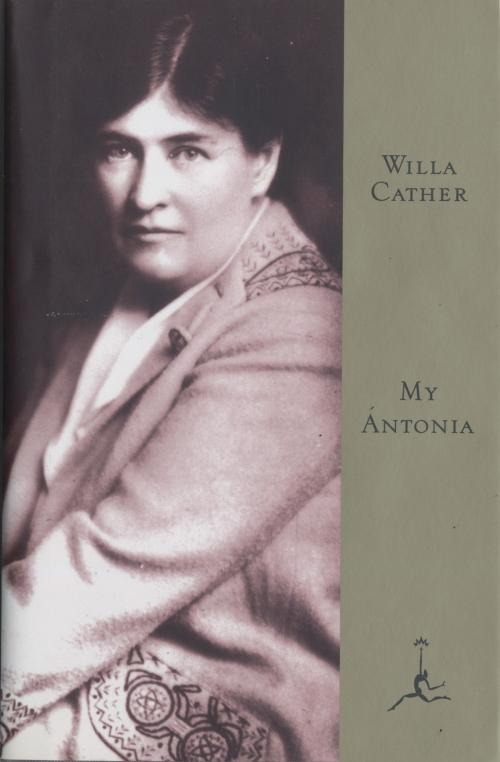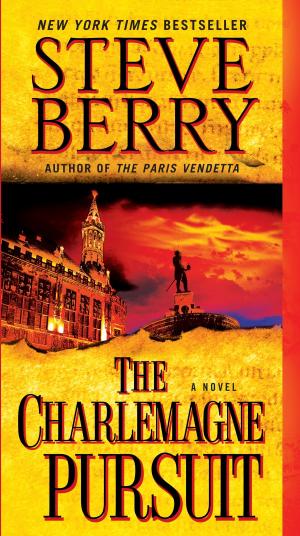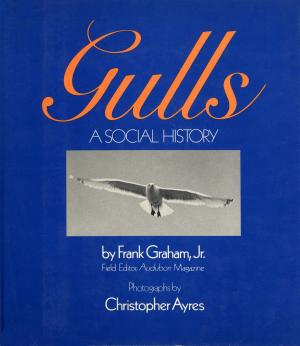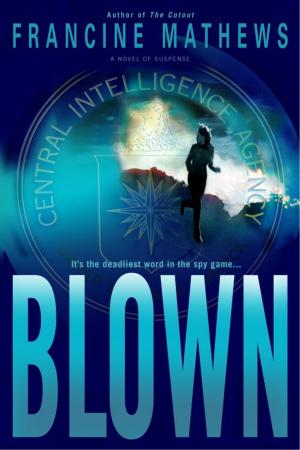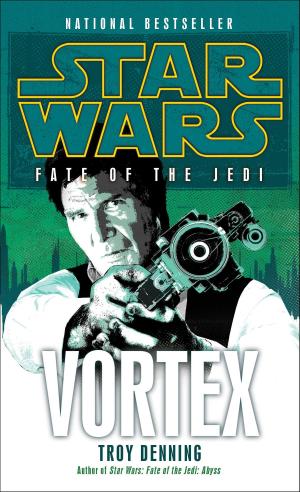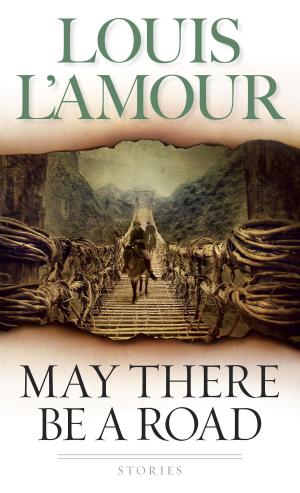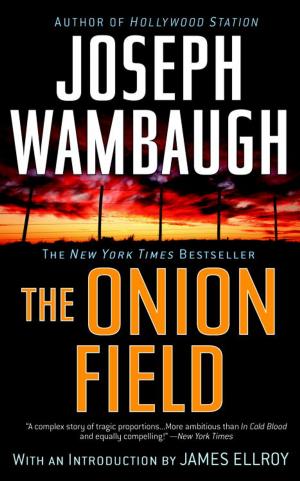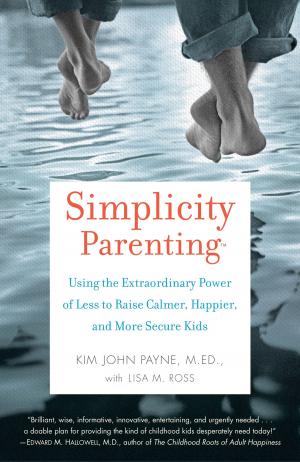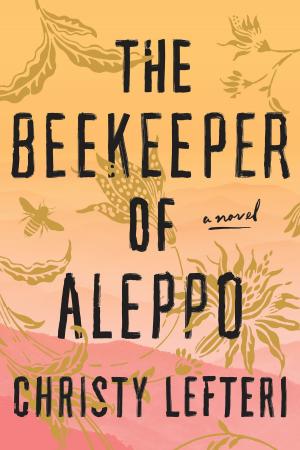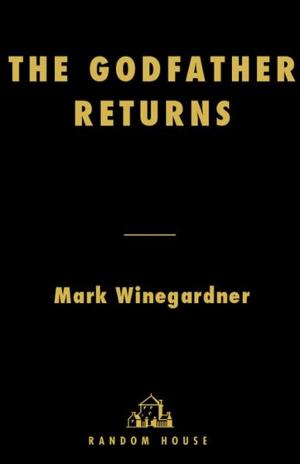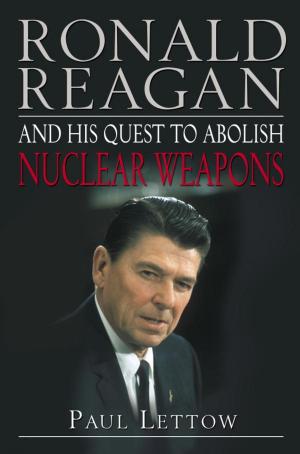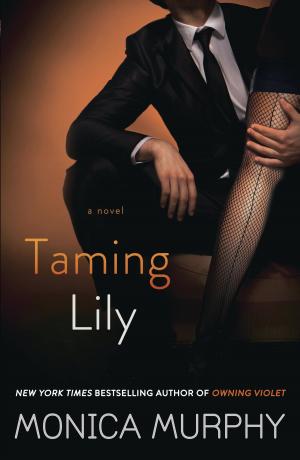| Author: | Willa Cather | ISBN: | 9780679641216 |
| Publisher: | Random House Publishing Group | Publication: | November 1, 2000 |
| Imprint: | Modern Library | Language: | English |
| Author: | Willa Cather |
| ISBN: | 9780679641216 |
| Publisher: | Random House Publishing Group |
| Publication: | November 1, 2000 |
| Imprint: | Modern Library |
| Language: | English |
'The best thing I've done is My Antonia,' recalled Willa Cather. 'I feel I've made a contribution to American letters with that book.' Set against the vast Nebraska prairie, Cather's elegiac novel features one of the most winning heroines in American fiction—Antonia Shimerda—a young woman whose strength and passion epitomize the triumphant vitality of this country's pioneers.
'If, as is often said, every novelist is born to write one thing, then the one thing that Willa Cather was born to write was first fully realized in My Antonia,' observed Pulitzer Prize-winning author Wallace Stegner. 'The prose is. . .flexible, evocative; the structure at once free and intricately articulated; the characters stretch into symbolic suggestiveness as naturally as trees cast shadows in the long light of a prairie evening; the theme is the fully exposed, complexly understood theme of the American orphan or exile, struggling to find a place between an Old World left behind and a New World not yet created. . . . No writer ever posed that essential aspect of the American experience more warmly, with more nostalgic lyricism, or with a surer understanding of what it means.'
'The best thing I've done is My Antonia,' recalled Willa Cather. 'I feel I've made a contribution to American letters with that book.' Set against the vast Nebraska prairie, Cather's elegiac novel features one of the most winning heroines in American fiction—Antonia Shimerda—a young woman whose strength and passion epitomize the triumphant vitality of this country's pioneers.
'If, as is often said, every novelist is born to write one thing, then the one thing that Willa Cather was born to write was first fully realized in My Antonia,' observed Pulitzer Prize-winning author Wallace Stegner. 'The prose is. . .flexible, evocative; the structure at once free and intricately articulated; the characters stretch into symbolic suggestiveness as naturally as trees cast shadows in the long light of a prairie evening; the theme is the fully exposed, complexly understood theme of the American orphan or exile, struggling to find a place between an Old World left behind and a New World not yet created. . . . No writer ever posed that essential aspect of the American experience more warmly, with more nostalgic lyricism, or with a surer understanding of what it means.'
